
Argentina hikes export taxes, farmers vow protest
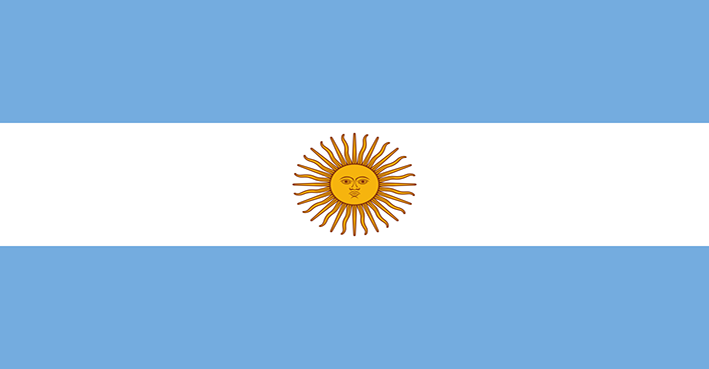
Although the export tax hike had been expected, agricultural groups are sounding the alarm and vowing to protest the higher levies.
In a decision that was announced just ahead of the weekend, the government scrapped a fixed export tax of four pesos per US dollar exported, and boosted supplemental levies.
Soybeans, Argentina's leading export crop, will pay a fixed rate of 30pc, up from a previous 18pc, in addition to the ARS4/USD exported.
Other key crops, including wheat, corn, barley and sunflowers that only paid the ARS4/USD rate will now be charged a fixed rate of 12pc. Other products, including meat and powdered milk, will pay a fixed rate of 9pc, while others, including fruit, will maintain their existing rate of ARS3/USD.
"Considering the grave situation of public finances, urgent fiscal measures need to be adopted," according to the resolution published in the official bulletin over the weekend.
The pro-business administration of former president Mauricio Macri, who passed the baton to Fernandez on 10 December, had done away with most export taxes on agricultural products with the exception of soybeans.
In September 2018, the Macri government imposed the levies of ARS4/USD and ARS3/USD, depending on the product, as a way to help the country close a yawning fiscal deficit. Yet a sharp depreciation of the peso eroded the value of the revenue. The local currency has lost 38pc of its value against the US dollar since the levy was first implemented.
The new taxes will cost farmers an estimated $1.8bn, according to estimates by Argentina's Rural Society (SRA), which represents the country's largest farmers.
"This will translate into a strong disincentive for production, investment and job creation in the future at a time when Argentina especially needs them to get out of a deep economic and social crisis," SRA said.
Coninagro, a group that represents the interests of smaller cooperative farms, expressed surprise at the export tax hike. "These measures attack investment, production, work and labor," Coninagro president Carlo Ianizzotto said.
The new farm taxes are one of the new government's first measures, signaling an emphasis on scraping up revenue from one of the country's strongest economic sectors.
Export taxes have a long history in Argentina. A hike in export taxes, known locally as retenciones, led to a far-reaching conflict between former president Cristina Fernandez de Kirchner (2007-2015) and the farm sector. Cristina Fernandez is now vice president. She is unrelated to Alberto Fernandez.
In a separate move, the Fernandez administration also mandated that for the next 180 days any worker who is fired without cause will have the right to receive double severance pay.
By Daniel Politi


Gold price eases after Trump downplays clash with Fed chair Powell

Copper price hits new record as tariff deadline looms
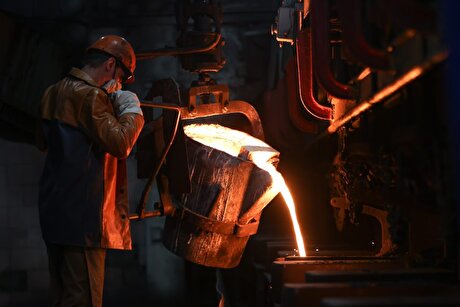
Brazil producers look to halt pig iron output as US tariff threat crimps demand
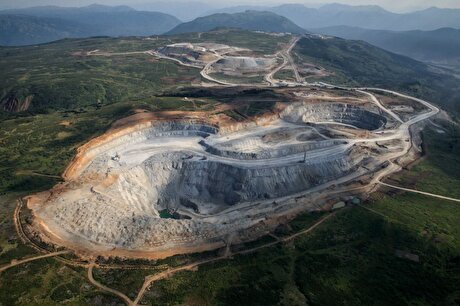
Three workers rescued after 60 hours trapped in Canada mine

Gold price could hit $4,000 by year-end, says Fidelity
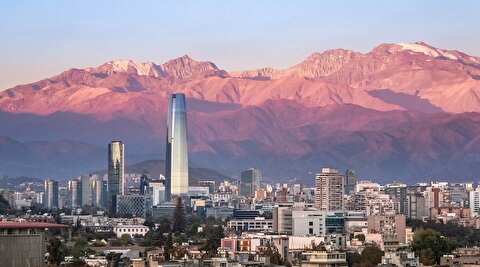
Chile’s 2025 vote puts mining sector’s future on the line
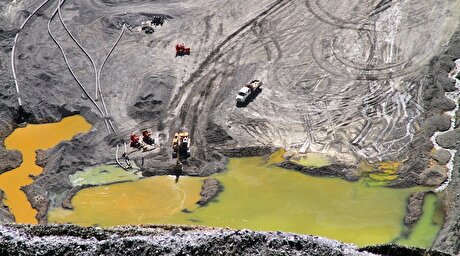
US targets mine waste to boost local critical minerals supply
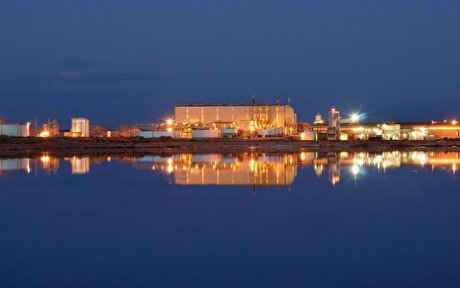
Energy Fuels surges to 3-year high as it begins heavy rare earth production
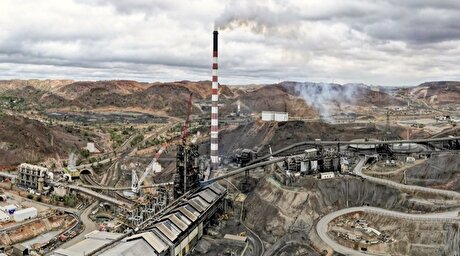
Glencore workers brace for layoffs on looming Mount Isa shutdown
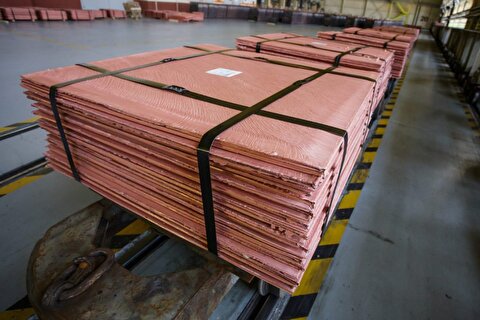
Trump tariff surprise triggers implosion of massive copper trade

Maxus expands land holdings at Quarry antimony project in British Columbia

BHP, Vale accused of ‘cheating’ UK law firm out of $1.7 billion in fees
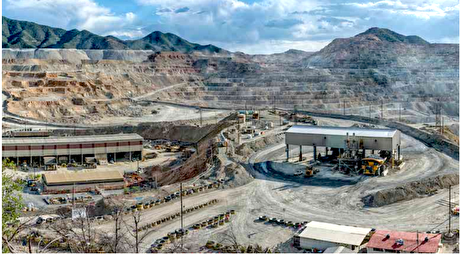
Southern Copper eyes $10.2B Mexico investment pending talks

American Tungsten gets site remediation plan approved for Ima mine in Idaho

Kinross divests entire 12% stake in Yukon-focused White Gold

Gold price could hit $4,000 by year-end, says Fidelity

Southern Copper expects turmoil from US-China trade war to hit copper

Ramaco Resources secures five year permit for Brook rare earth mine in Wyoming

Column: EU’s pledge for $250 billion of US energy imports is delusional

Trump tariff surprise triggers implosion of massive copper trade

Maxus expands land holdings at Quarry antimony project in British Columbia

BHP, Vale accused of ‘cheating’ UK law firm out of $1.7 billion in fees

Southern Copper eyes $10.2B Mexico investment pending talks

American Tungsten gets site remediation plan approved for Ima mine in Idaho

Kinross divests entire 12% stake in Yukon-focused White Gold

Gold price could hit $4,000 by year-end, says Fidelity

Southern Copper expects turmoil from US-China trade war to hit copper

Ramaco Resources secures five year permit for Brook rare earth mine in Wyoming














